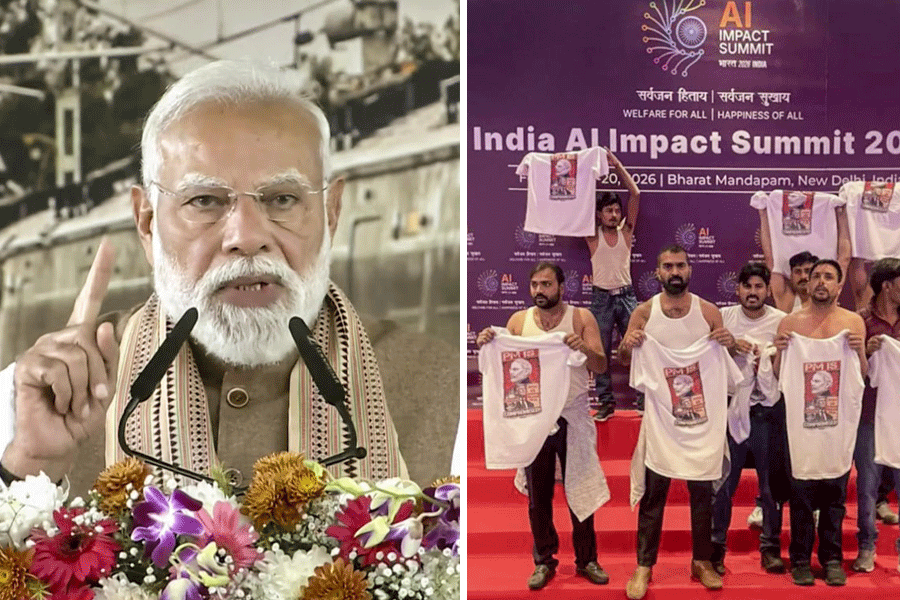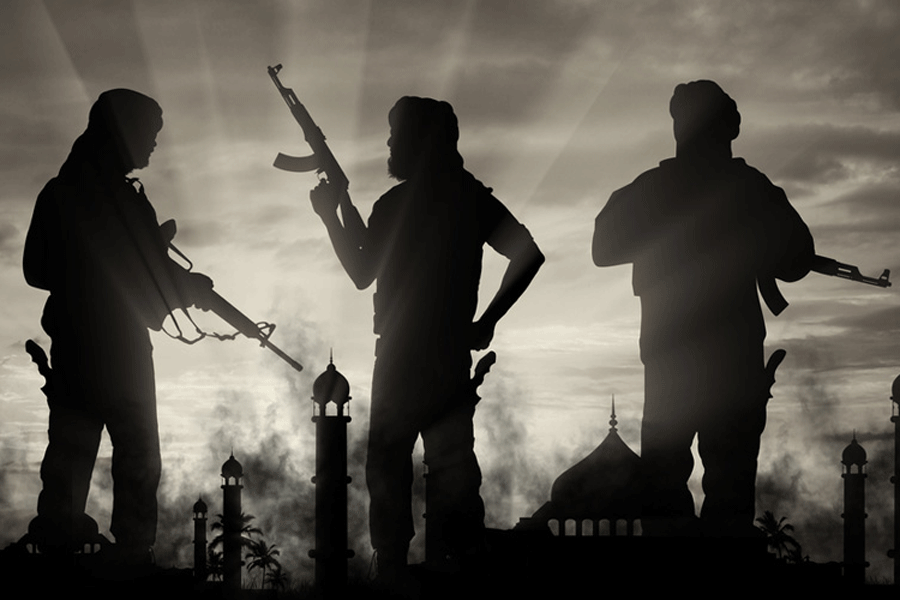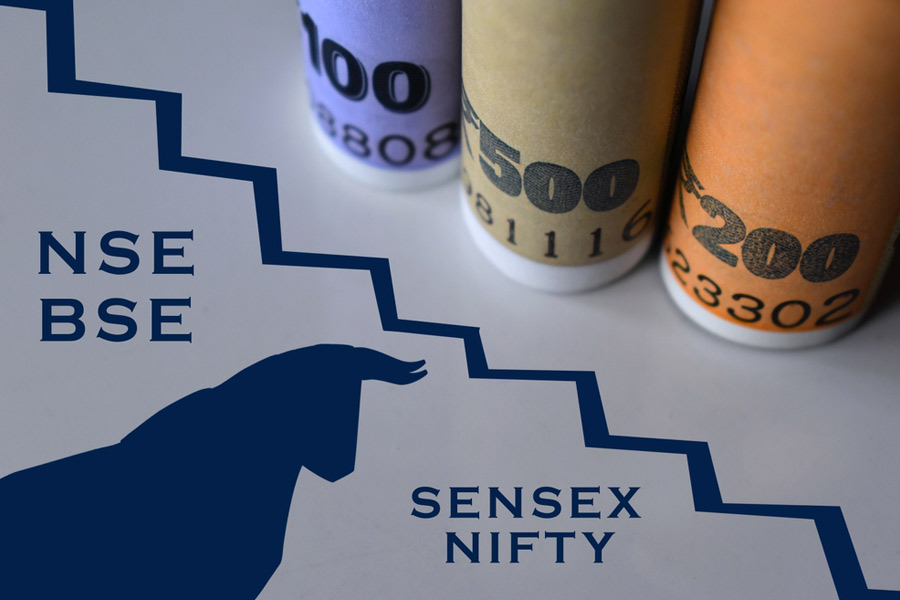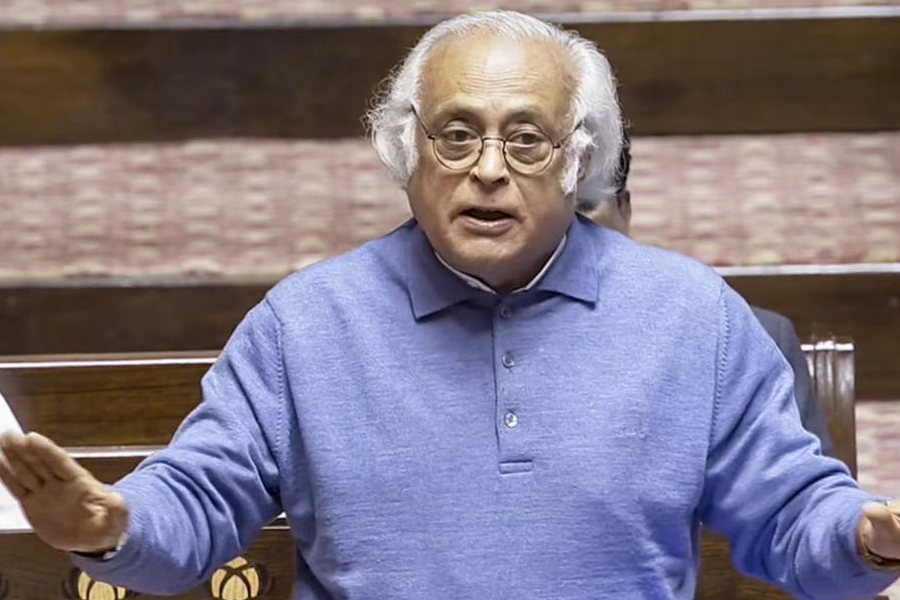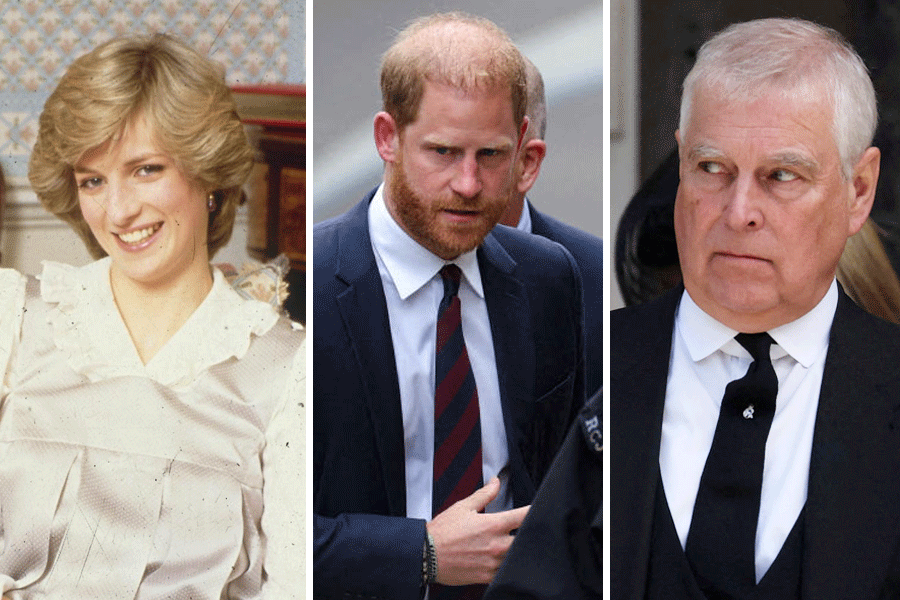Jamshedpur, Nov. 28: JRD Tata, the captain of the vast Tata industrial empire for over half a century, died on November 29 at Geneva 10 years ago. At the tenth anniversary of his death, my mind goes back to a chilly November evening in 1992.
It was colder than usual given the time of the year. A press conference was to be addressed by JRD Tata. The administration had clamped a curfew on the city because of rioting as a backlash of the Babri mosque demolition.
Reporters who defied the curfew faced a handsome, old man in a light grey suit ready to talk to them. They kept on asking him about his reaction to the demolition of the mosque.
JRD said: “I am anguished.” And that was what he repeatedly said in reply to the same question, albeit framed differently. He was anguished by the turn of events. I had kept quiet. When he looked at me, I asked, “What is beyond the last blue mountain?” He smiled. It was not much of a smile. Just a hint of it. He answered: “It is a line of a poem.” “That is also the name of your biography. The question is what is beyond the last blue mountain?” This time he turned serious and softly said, “I wish I knew. May be God, maybe nothing, may be something that I know nothing about.”
JRD was not in favour of organised religion. Born a Parsi, he found some Parsi religious customs like their funeral rites and their exclusiveness irksome and antediluvian. He had the courage of conviction to adhere to the three basic tenets of Zoroastrianism — Good Words, Good Thoughts and Good Deeds — as the guiding principles all his life. Anything else did not matter.
As early as in 1954, when he was invited to a spiritual meeting, his reply was characteristic, “I seem to be destined more for the rough and ready life in which action predominates over meditation. In his 80s, he told a clergyman, “My religion is service.” No, he never changed his basic stance.
I asked him about O. Henry, his favourite author. “Which one of his stories you like the most,” I asked. “Oh, there are many. I often read O. Henry to my wife Thelly at her sickbed, you know. The story that readily comes to mind right now is about a woman who loved her husband. She wanted to give him a suitable Christmas gift. She counted the money that she had saved many times over. It was a meagre $1 and 87 cents. What could one buy with $1 and 87 cents?”


